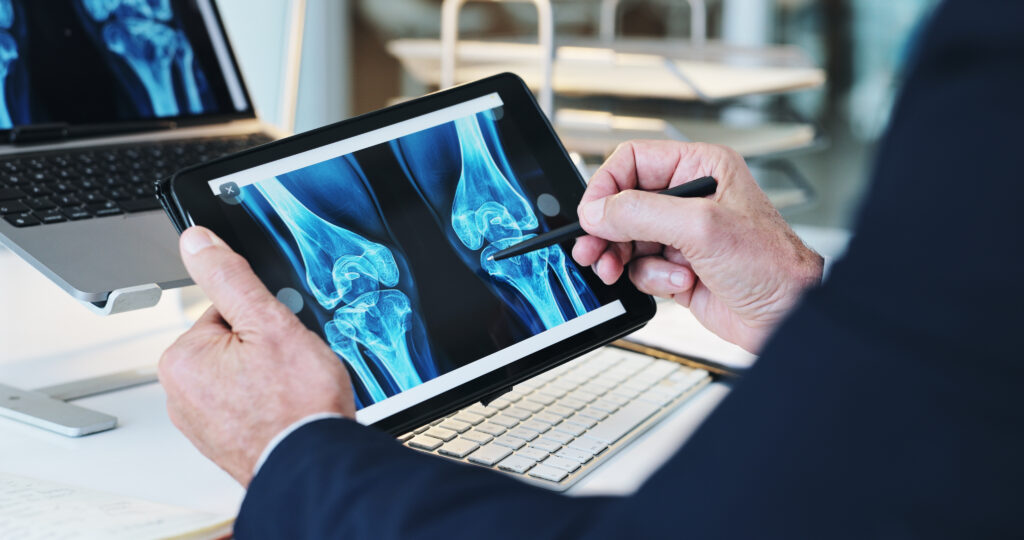What Is a Bone Density Test?
A bone density test measures how strong your bones are. Doctors often call this test a DEXA scan or osteoporosis screening. It helps check for weak bones and the risk of fractures. Usually, the test is quick and painless. Many people search for a “bone density test near me” when they want to check their bone health.
Why Is a Bone Density Test Important?
First, this test helps find osteoporosis early. Osteoporosis is a condition where bones become thin and break easily. Early detection can help prevent serious injuries. Also, knowing your bone health lets you take steps to protect yourself. According to the CDC, millions of people have low bone density and do not know it.
Who Should Get a Bone Density Test?
Not everyone needs this test. However, some people have a higher risk. You may need a bone density test if you:
For example, your doctor may suggest a bone health check if you have lost height or have back pain.
How Is the Test Performed?
Usually, a DEXA scan is the most common bone density test. During the test, you lie on a table while a machine scans your bones. Most often, the scan checks your hip and spine. The test takes about 10 to 20 minutes. You do not feel any pain. In fact, you stay fully dressed, but you may need to remove metal objects like belts or jewelry.
What Do the Results Mean?
After the test, you get a score called a T-score. This score compares your bone strength to that of a healthy young adult. Here is what the scores mean:
Your doctor will explain your results and what they mean for your health. Sometimes, a Z-score is also given, which compares your bones to others your age.
Preparation and Aftercare Tips
Getting ready for a bone density test is simple. Still, there are a few things to remember:
After the test, you can go back to your normal activities right away. There is no recovery time needed.
Risks and Safety
Many people worry about safety. However, a bone density test uses very low levels of X-rays. The amount is much less than a chest X-ray. For most people, the test is very safe. Still, pregnant women should avoid it unless needed. Always talk to your doctor if you have concerns.
Prevention and Lifestyle Guidance for Healthy Bones
Keeping your bones strong is important at any age. Here are some tips for healthy bones:
In addition, talk to your doctor about medicines or supplements if needed. The World Health Organization also recommends staying active to help prevent bone loss.
Conclusion
In summary, a bone density test is a simple way to check your bone health. Early screening can help prevent fractures and other problems. If you think you may be at risk, consult a healthcare specialist to learn if a bone density test is right for you.

